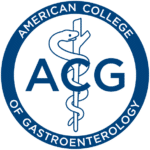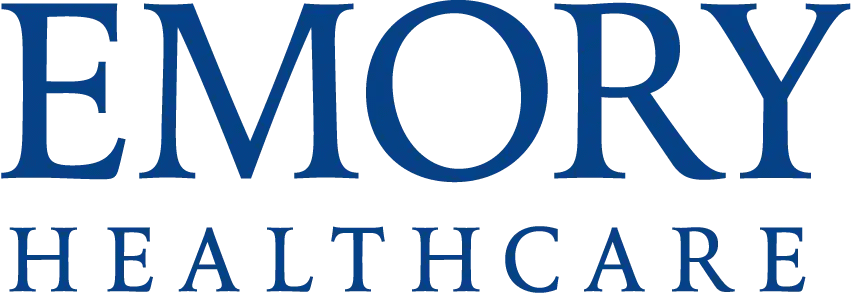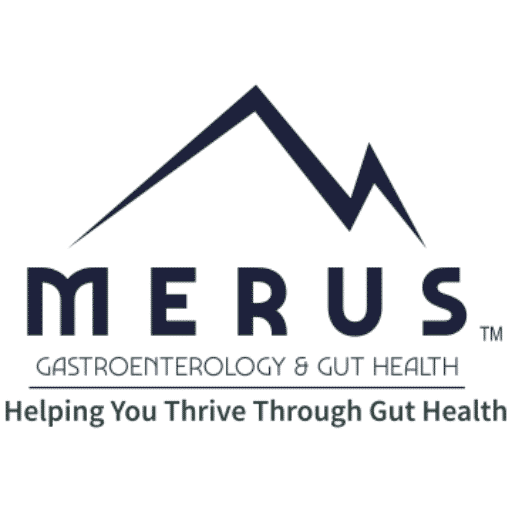Gastroesophageal reflux disease (GERD) is a common yet often misunderstood condition that affects millions of people worldwide. While its primary symptoms, such as heartburn and regurgitation, are widely recognized, the broader impact of GERD on overall health is not as well-known. At Merus Gastro, your trusted constipation doctor in Johns Creek, GA, we believe in a holistic approach to managing digestive health. Understanding how GERD can affect your health is crucial for effective management and prevention.
What is GERD?
GERD is a chronic condition where stomach acid frequently flows back into the esophagus, the tube that connects your mouth to your stomach. This acid reflux can irritate the lining of your esophagus and cause various symptoms and complications.
Common Symptoms of GERD
- Heartburn: A burning sensation in the chest, often after eating, which may worsen at night.
- Regurgitation: Sour or bitter-tasting acid backing up into the throat or mouth.
- Dysphagia: Difficulty swallowing.
- Chest Pain: Discomfort or pain in the chest, which can sometimes be severe.
The Broader Impact of GERD on Health
While the immediate symptoms of GERD can be uncomfortable, the condition can also have far-reaching effects on your overall health.
- Esophageal Damage
- Esophagitis: Chronic acid exposure can lead to inflammation of the esophagus, known as esophagitis. This condition can cause pain and difficulty swallowing.
- Esophageal Stricture: Repeated damage and healing can lead to the formation of scar tissue, which narrows the esophagus and makes swallowing difficult.
- Barrett’s Esophagus: Long-term GERD can change the cells lining the esophagus, increasing the risk of developing esophageal cancer.
- Respiratory Issues
- Asthma: GERD can exacerbate asthma symptoms or even trigger asthma in some individuals due to acid entering the airways and lungs.
- Chronic Cough: Persistent cough not related to respiratory infections can be caused by acid irritating the throat and airways.
- Laryngitis: Acid reflux can inflame the vocal cords, leading to hoarseness and loss of voice.
- Oral Health Problems
- Dental Erosion: Stomach acid can erode tooth enamel, leading to increased sensitivity and higher risk of cavities.
- Gum Disease: Acid reflux can contribute to gum irritation and disease.
- Impact on Sleep
- Nighttime Reflux: GERD symptoms often worsen at night, leading to sleep disturbances and poor sleep quality.
- Obstructive Sleep Apnea (OSA): There is a correlation between GERD and OSA, a condition where breathing stops and starts during sleep.
- Overall Quality of Life
- Stress and Anxiety: Chronic GERD symptoms can contribute to stress and anxiety, impacting mental health.
- Dietary Restrictions: The need to avoid certain foods can limit dietary choices and affect nutritional intake.
- Physical Discomfort: Persistent heartburn and other GERD symptoms can interfere with daily activities and overall comfort.
Managing GERD and Its Impact
Effective management of GERD involves a combination of lifestyle changes, medications, and, in some cases, surgical interventions. Understanding and addressing the broader impact of GERD on health is essential for comprehensive care.
- Lifestyle Modifications
- Dietary Changes: Avoid trigger foods such as spicy foods, fatty foods, chocolate, caffeine, and alcohol. Eat smaller, more frequent meals and avoid eating close to bedtime.
- Weight Management: Achieving and maintaining a healthy weight can reduce pressure on the abdomen and lower the risk of acid reflux.
- Smoking Cessation: Smoking weakens the lower esophageal sphincter (LES), making it easier for stomach acid to reflux into the esophagus.
- Elevate the Head of the Bed: Raising the head of your bed by 6 to 8 inches can help prevent acid from flowing back into the esophagus while you sleep.
- Medications
- Antacids: Over-the-counter medications that neutralize stomach acid and provide quick relief for mild symptoms.
- H2 Blockers: Medications that reduce acid production, providing longer-lasting relief than antacids.
- Proton Pump Inhibitors (PPIs): Potent acid reducers that allow the esophagus to heal and prevent further damage.
- Prokinetics: Medications that help strengthen the LES and improve gastric emptying.
- Surgical Options
For severe cases of GERD or when complications arise, surgical interventions may be considered.
- Fundoplication: The top of the stomach is wrapped around the LES to strengthen it and prevent acid reflux.
- LINX Device: A ring of magnetic beads is placed around the LES to strengthen it and prevent acid reflux.
- Regular Monitoring and Professional Care
- Routine Check-Ups: Regular visits to your gastroenterologist can help monitor GERD and its impact on your health.
- Comprehensive Care: At Merus Gastro, we offer a holistic approach to managing GERD, addressing both the symptoms and the broader impact on your health.
Conclusion
GERD is more than just occasional heartburn. Its impact on your health can be significant, affecting the esophagus, respiratory system, oral health, sleep, and overall quality of life. Understanding these impacts is crucial for effective management and prevention.
At Merus Gastro, your trusted constipation doctor in Johns Creek, GA, we are committed to providing comprehensive care for GERD and other digestive conditions. Our experienced team is here to guide you through the process, offering personalized treatment plans to help you achieve optimal digestive health.
Contact Us
If you are experiencing symptoms of GERD or are concerned about its impact on your health, don’t wait to seek help. Contact Merus Gastro today to schedule a consultation with our experienced gastroenterologists. Let us help you take control of your digestive health and improve your quality of life.









